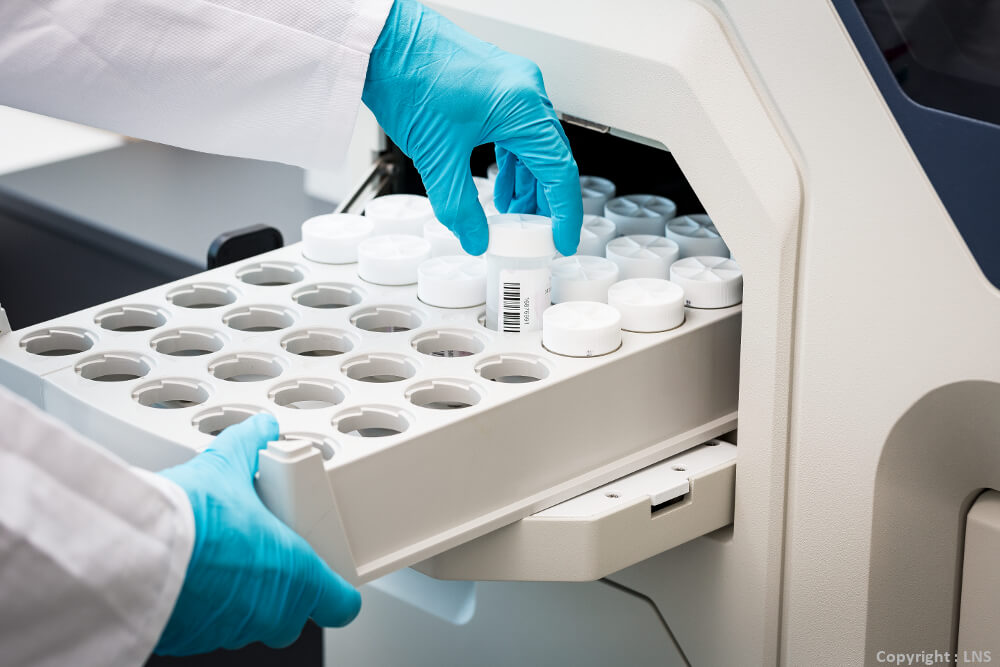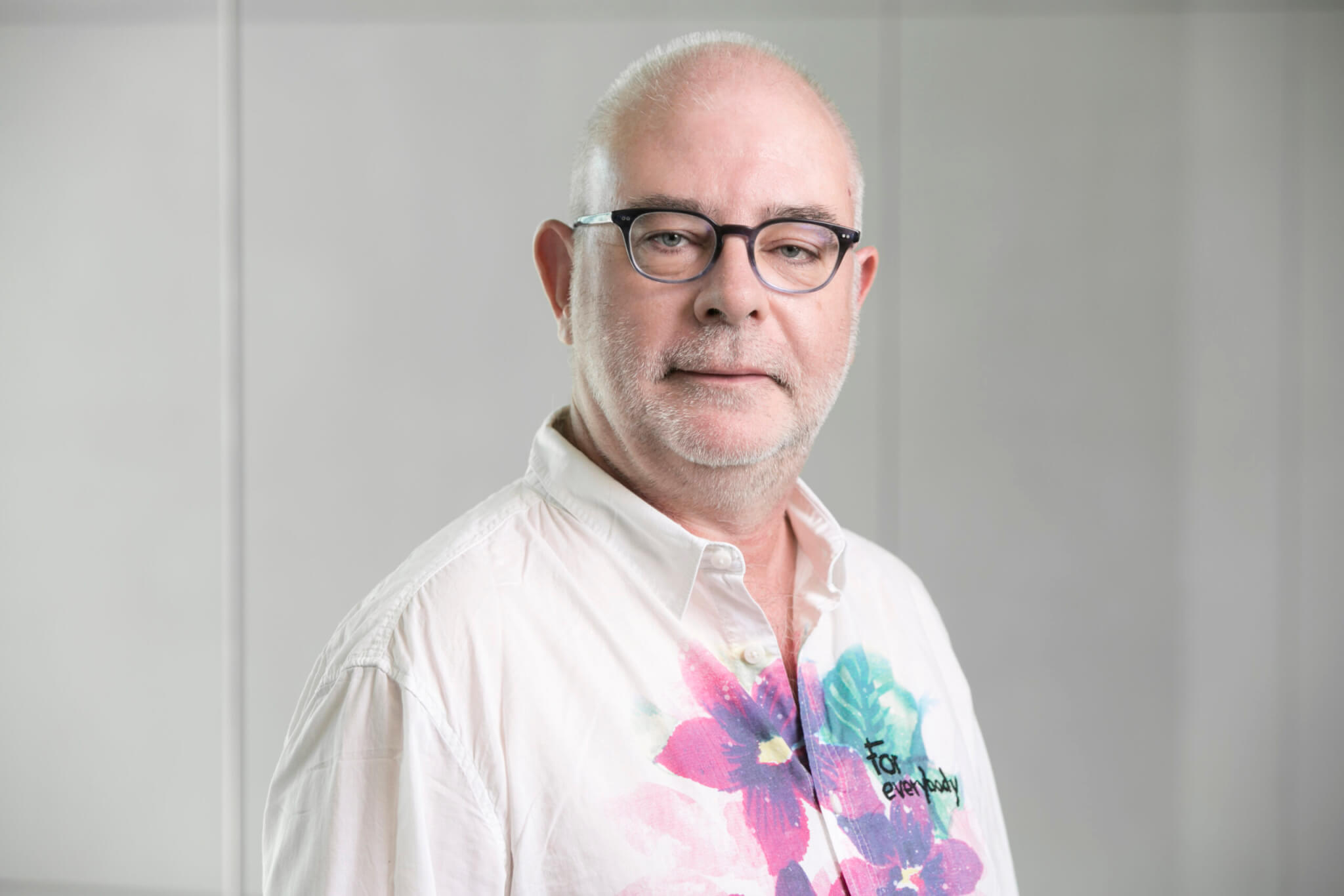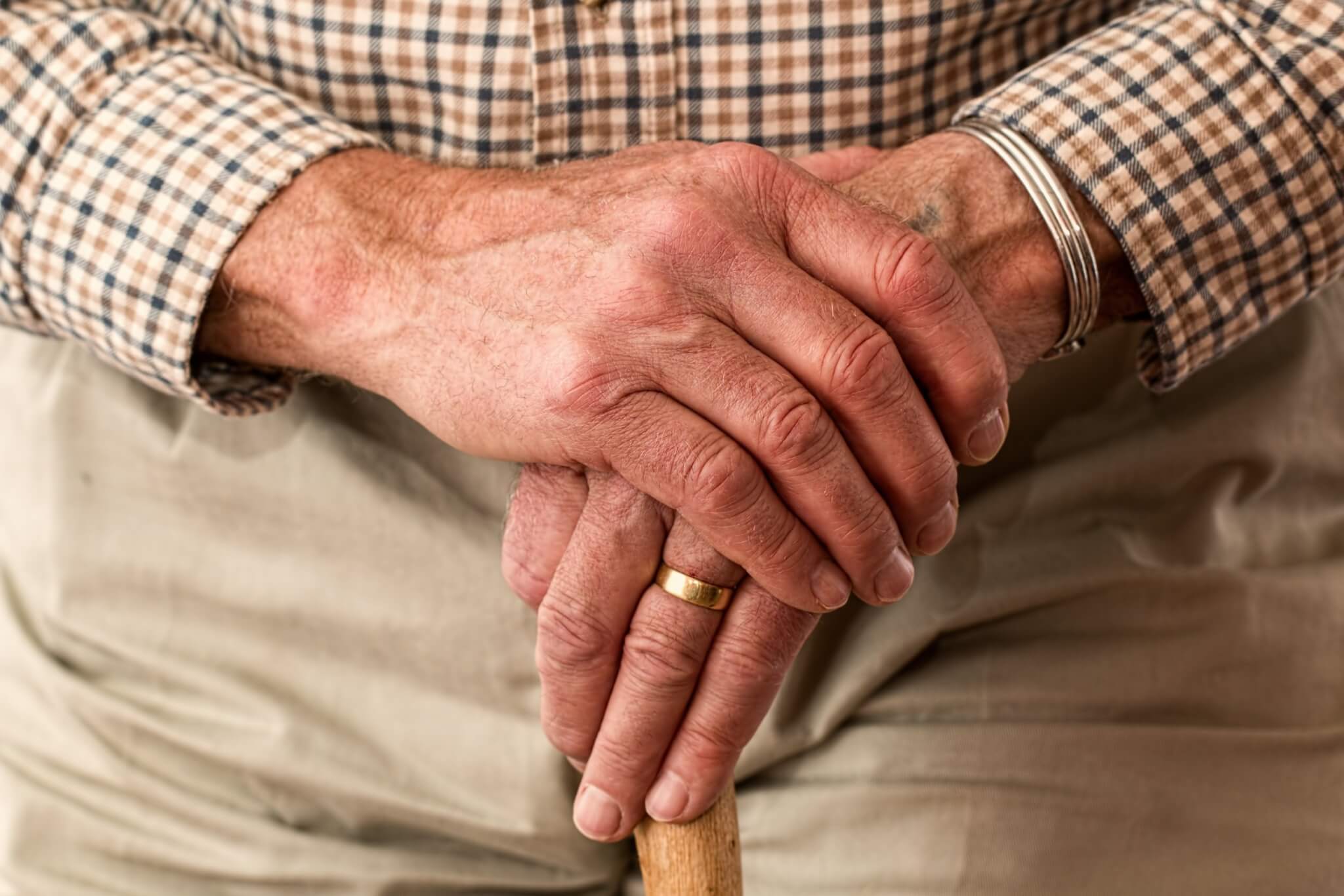This website uses cookies so that we can provide you with the best user experience possible. Cookie information is stored in your browser and performs functions such as recognising you when you return to our website and helping our team to understand which sections of the website you find most interesting and useful.
At the forefront worldwide: 100% digital cytology at LNS
Digital transformation for the benefit of patients is an essential pillar of the future strategy of LNS. Gynaecological cytology is a prime example of this. In July 2022, the National Center of Pathology’s (NCP) service became one of the first laboratories in the world to go fully digital.
Test phase and OLAS accreditation
As a consequence, the 800 samples that arrive on average at LNS every day are no longer examined under a microscope, but rather analysed digitally. In order to do so, the LNS team acquired a scanner in 2021, which uses artificial intelligence to sort the cells to be examined for abnormalities based on a series of standardised criteria.
Before inaugurating this as a fully-fledged practice, the team had to go through a test phase to familiarise themselves with the device. During this phase, it quickly became clear that the digital procedure would optimise the work processes in the long term. In order to be able to use digital cytology in routine diagnostics, the corresponding approval procedure was then submitted to the national accreditation body, OLAS (Office Luxembourgeois d’Accréditation et de Surveillance). The file submitted for approval by LNS was finally accepted by OLAS in June and accredited according to the ISO 15.189 standard for digital cytology.
Less time required, lower error rate
Dr Marc Fischer, head of Gynaecological Cytology Service, sums up the advantages of the digitised procedure as follows: “Digital analysing our samples saves a considerable amount of time. Another significant advantage is the optimal standardised evaluation of the samples, where the risk of missing atypical cells is minimal compared to human examination, thus the system is less prone to errors.”
Conversely the diagnosis remains 100 per cent in the hands of the LNS scientists, Marc Fischer explains: “We are dealing here with the ideal case of complementary processes at the human-machine interface. Artificial intelligence does the preliminary work in the form of optimised evaluation of the results, while we as pathologists use our expertise to then interpret these results.”
International pioneering role confirmed once again
Shortly after its introduction, this interaction between man and machine has already proven to be very promising with regard to the reliable and efficient early detection of cervical cancer, as Marc Fischer emphasises: “Reducing the number of cervical cancers in the general population is the main task of gynaecological cytology. We have been using the so-called co-testing procedure for this purpose since 2017 – and at that time, we were the first European country adopting a procedure in which both a cytological examination and an HPV test are performed on a smear.”
In the meantime, studies have shown that co-testing helps detect progressive lesions or pre-cancers that can be missed by HPV testing alone, continues Marc Fischer: “These studies confirm our courage to innovate. With digital cytology, LNS has now once again lived up to this international pioneering role and can offer patients even more reliable results.”



Mat digitaler Zytologie kënne mir Patienten nach méi zouverlässeg Resultater ubidden. Kënschtlech Intelligenz mécht déi virleefeg Aarbecht a Form vun enger optiméierter Evaluatioun vun dëse Resultater, während Pathologen eis Expertise benotze fir se dann ze interpretéieren.
Dr Marc Fischer
Head of Gynaecological Cytology Service





